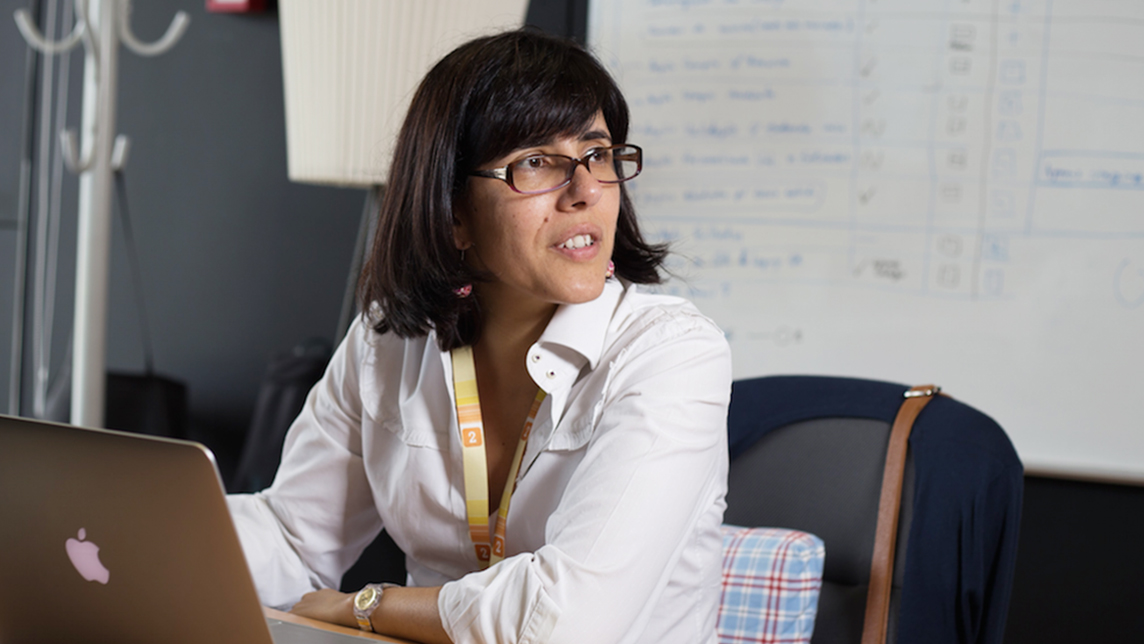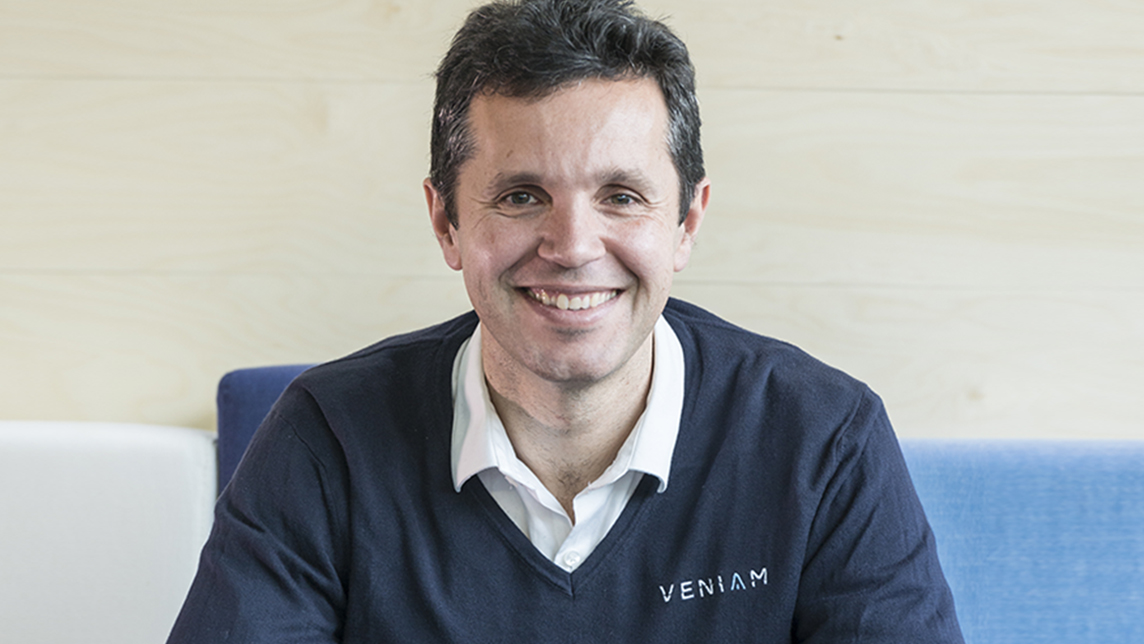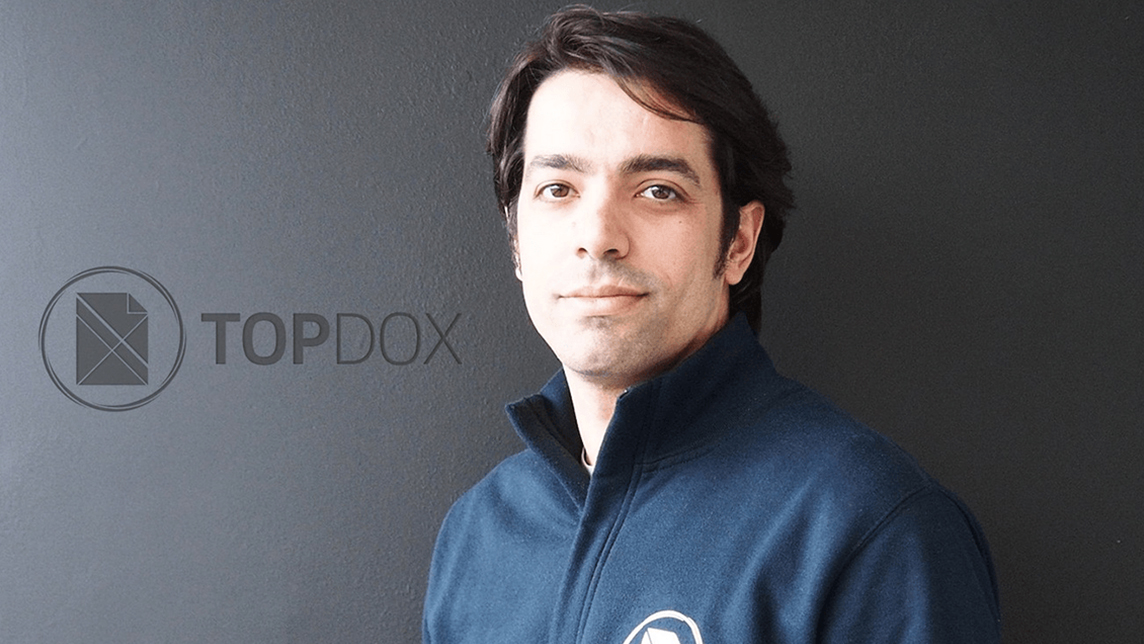Under the steady guidance of Professor Carlos Melo Brito, the University of Porto (U.Porto) has developed a thriving incubator and accelerator for globally focused startups, registering some 500 international patents and launching more than 450 companies over the last decade.
As the university's current Head of Innovation and Entrepreneurship and director of the incubator UPTEC (Science and Technology Park of University of Porto) until last year, Brito has been instrumental in building U.Porto into a European leader in innovation. Such has been the university's success in creating and fostering startups, that Porto is now Europe's third-fastest growing tech hub behind Sofia, Bulgaria and St. Petersburg, Russia.
“A total of 24.8% of Portuguese GDP now comes out of the University of Porto. [It's] more than just having an obligation to create value with a basis for growth, it's a fountain of competitiveness,” Brito said during an interview with Portuguese television.
Today, U.Porto lays claim to some of Portugal's biggest startup successes, including Veniam and Uniplaces. Brito attributes the success of university's ecosystem to his focus on protecting and commercializing intellectual property, developing management competencies, nurturing new businesses to help them generate technologically competitive spin-offs, and incubation support of startups as they scale up. The last five years, he says, have seen Porto become a “blue ocean" for entrepreneurs and investors.
“We have many startups created at the University of Porto that don't have a single customer in Portugal, why? Because Portugal is not their market, it is the world.
“In the EU, it is Portugal that had the most patents registered last year making our companies more competitive, giving us a global presence, sustainability and creating quality jobs,” Brito said.
From startups to spin-offs
Founded in 2007, UPTEC is home to some 2,300 professionals working on more than 200 projects. The business park consists of four innovation centers; two are located in proximity to U.Porto's engineering, medicine, economics, sports and psychology faculties, and health and engineering research institutes. A third is located in the city's cultural center near the university's fine arts and architecture faculties and specializes in the arts and innovation in the creative economy. The last center specializes in marine economics, a traditional area of excellence for Portugal, and is located on Lisbon's coast.
As UPTEC's director from 2011 to 2018, Brito has overseen the creation of hundreds of companies. Successful Portuguese startups like Defined Crowd, Last2Ticket and tech jobs site Landing.Jobs all got their start at UPTEC. In recognition of Brito's work, the Portuguese Business Angels Association (APBA) last year named him Personality of the Year.
Operating in tandem with UPTEC and still under Brito's supervision is U.Porto Innovation, the agency tasked with developing ties with business, identifying commercial opportunities for UPTEC products and services, and fostering the transfer of knowledge from the public to private sector. Perhaps U.Porto Innovation's most successful initiative is the "Spin-Off" seal which provides recognition of intellectual property to university spin-off companies. It also offers marketing and funding opportunities, knowledge transfer and participation in R&D projects. Any company created within U.Porto's ecosystem can apply for Spin-Off status; notable beneficiaries include Veniam, Last2Ticket, Jumpseller and TopDox.
Knowledge as raw material
For Brito, three groups are central to UPTEC's success in creating sustainable businesses with a potential for international expansion. First, are the researchers, who "supply the raw material which is knowledge". Next, the companies and institutions which become customers who use “this knowledge to formulate solutions of use to their activity”, and finally the operators – all of those working at U. Porto Innovation, UPTEC and the university's “interface institutions” – who “transform the raw materials into useful market solutions”.
Brito described his philosophy for creating successful brands during a Tedx event at U.Porto in 2017. "Brands have to have an emotional and a functional side, but even a functional experience should give you an emotional response,” Brito said, citing as an example the need to "caress" an iPod to operate it, instead of simply pressing a button.
Any successful brand should take three factors into account, he added. “Firstly, the art of romancing the customer; build, or at least, promise a lasting relationship. Secondly, use quality to function side by side with emotion. And thirdly, don't forget the customer wants to feel special.”
Although never a startup owner himself, as a former vice-rector of U.Porto, an academic with 38 years experience and prolific author of works on business and marketing, Brito is also a leading figure both in Portugal's startup ecosystem. He is Vice-President of the Portuguese Management Association (APB), Head of the Board of Porto Tourism Organization, a professor at Porto Business School, a board member of business association COTEC Portugal and of auditor and business services supplier APCER. A graduate himself of U.Porto, Brito also holds two Master's degrees and a Ph.D. in marketing from Lancaster University.















